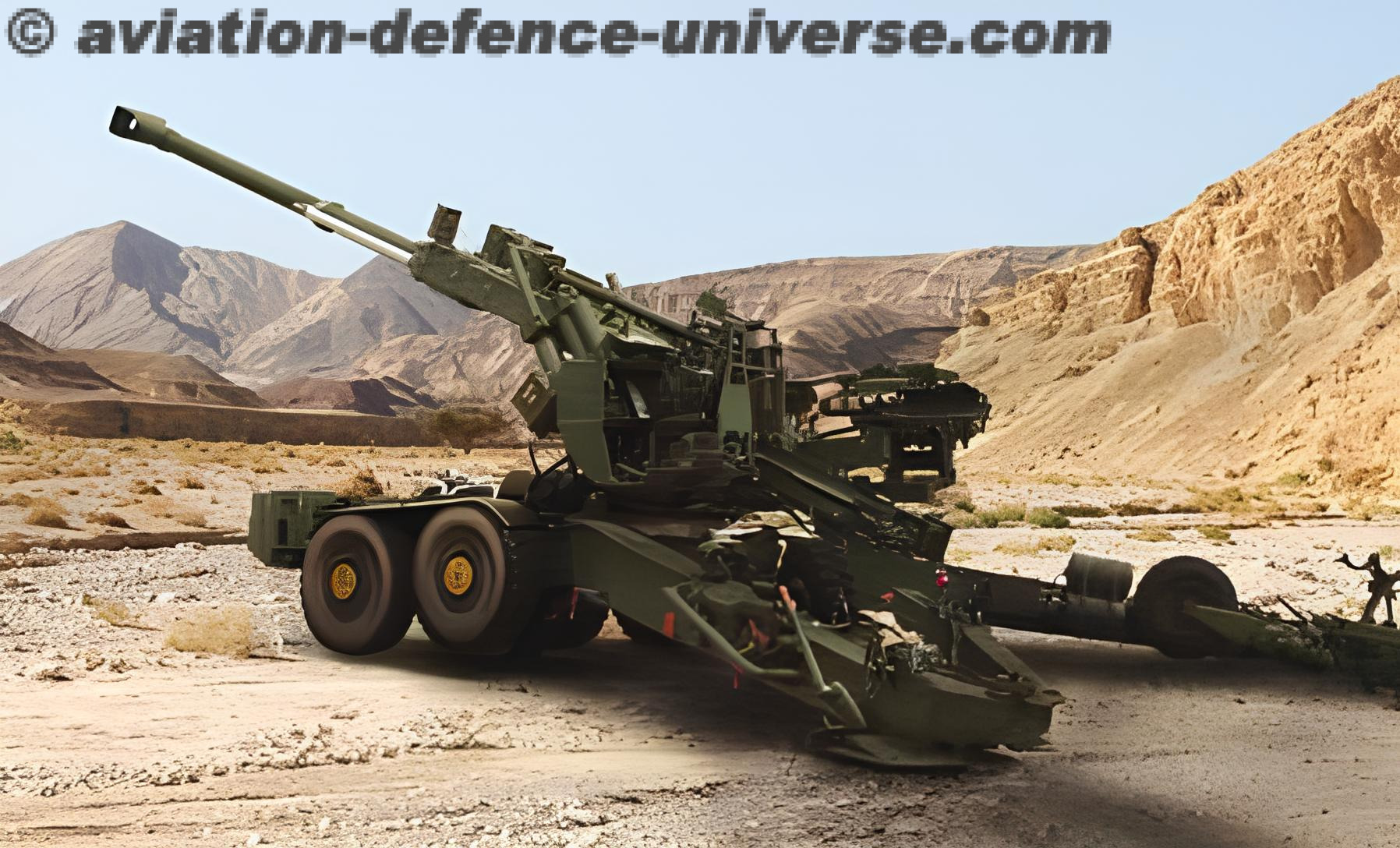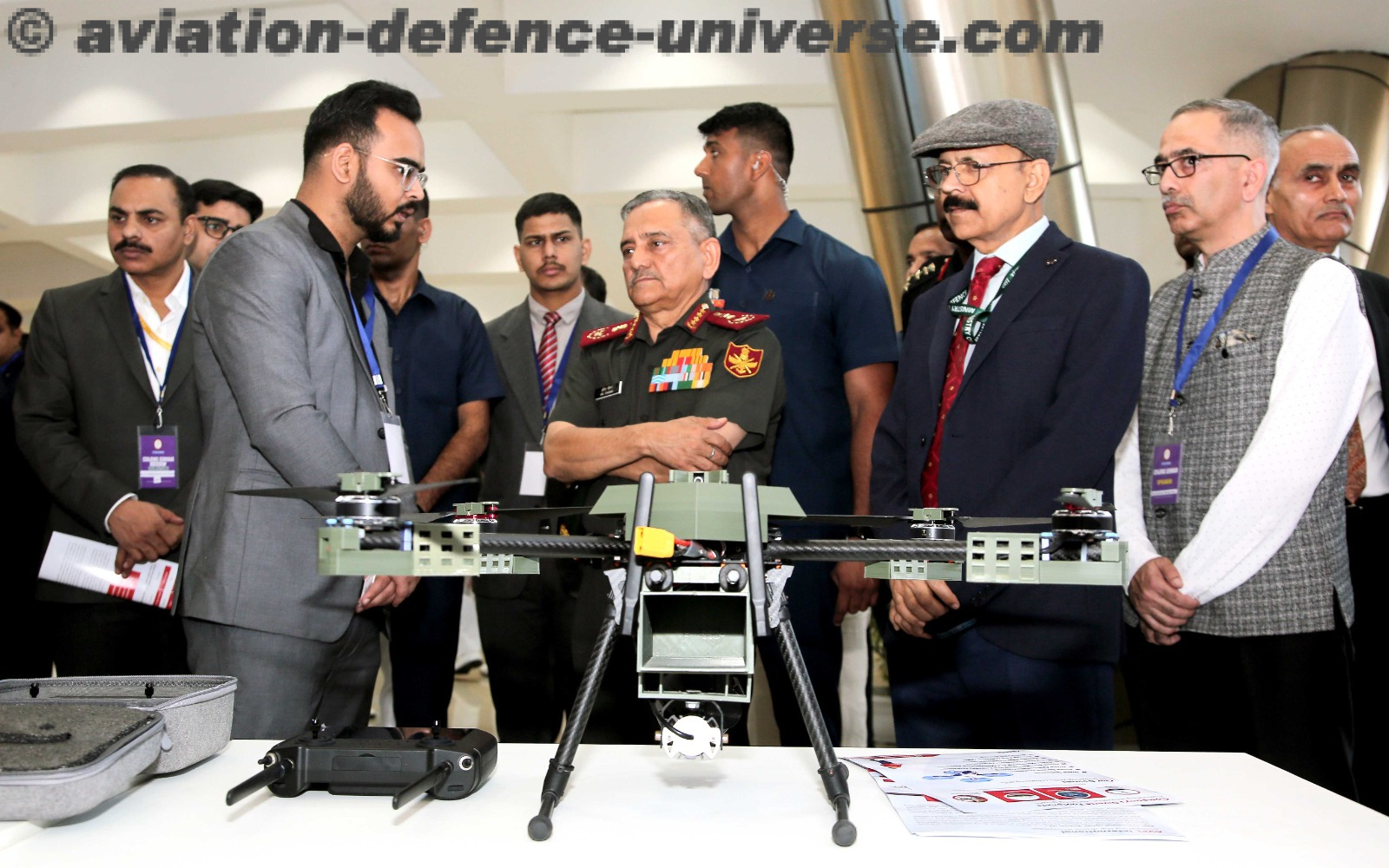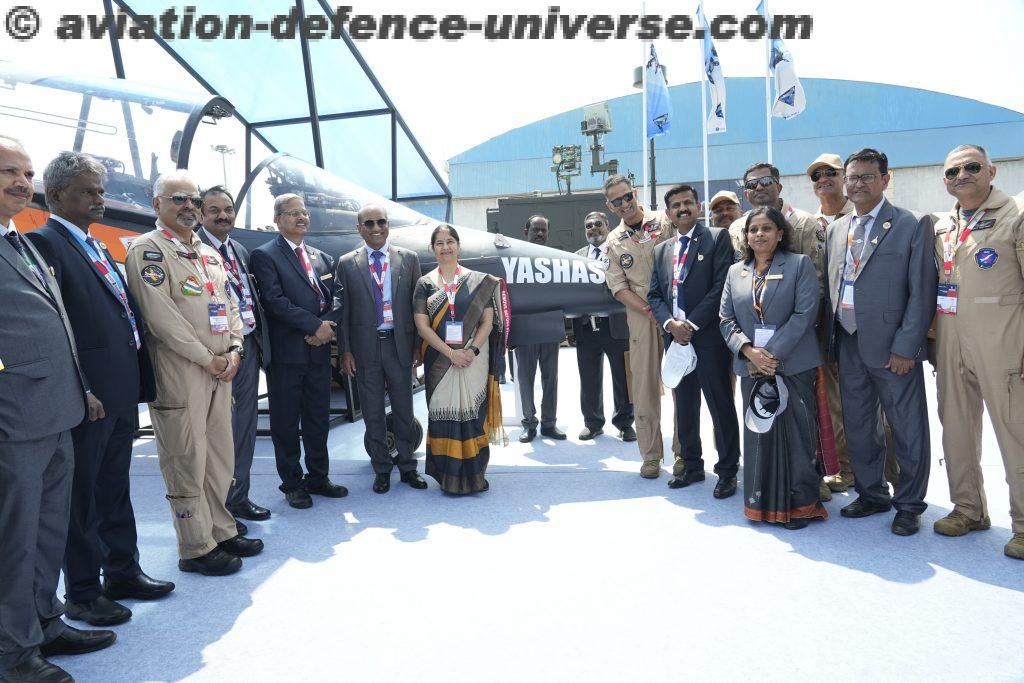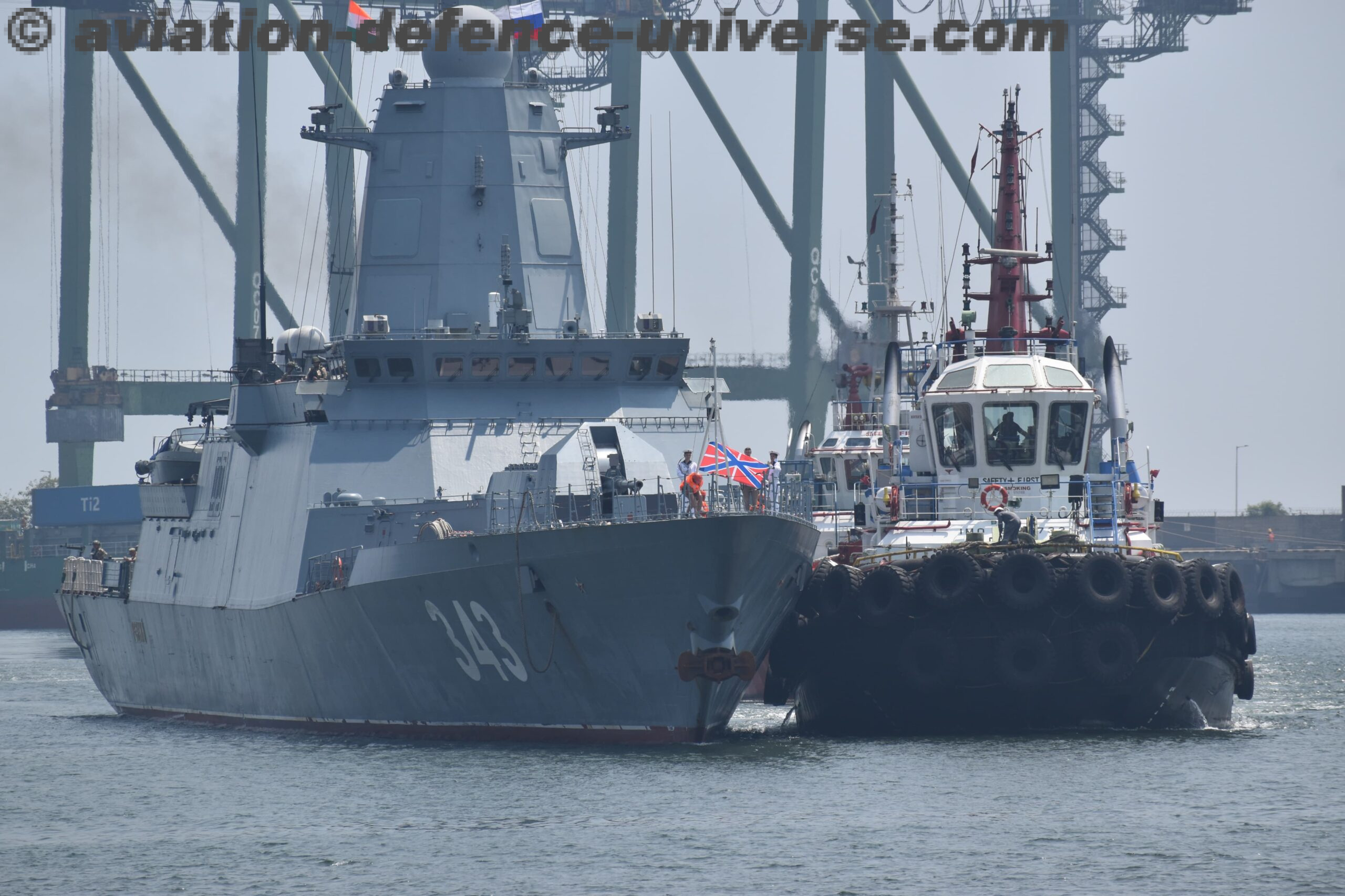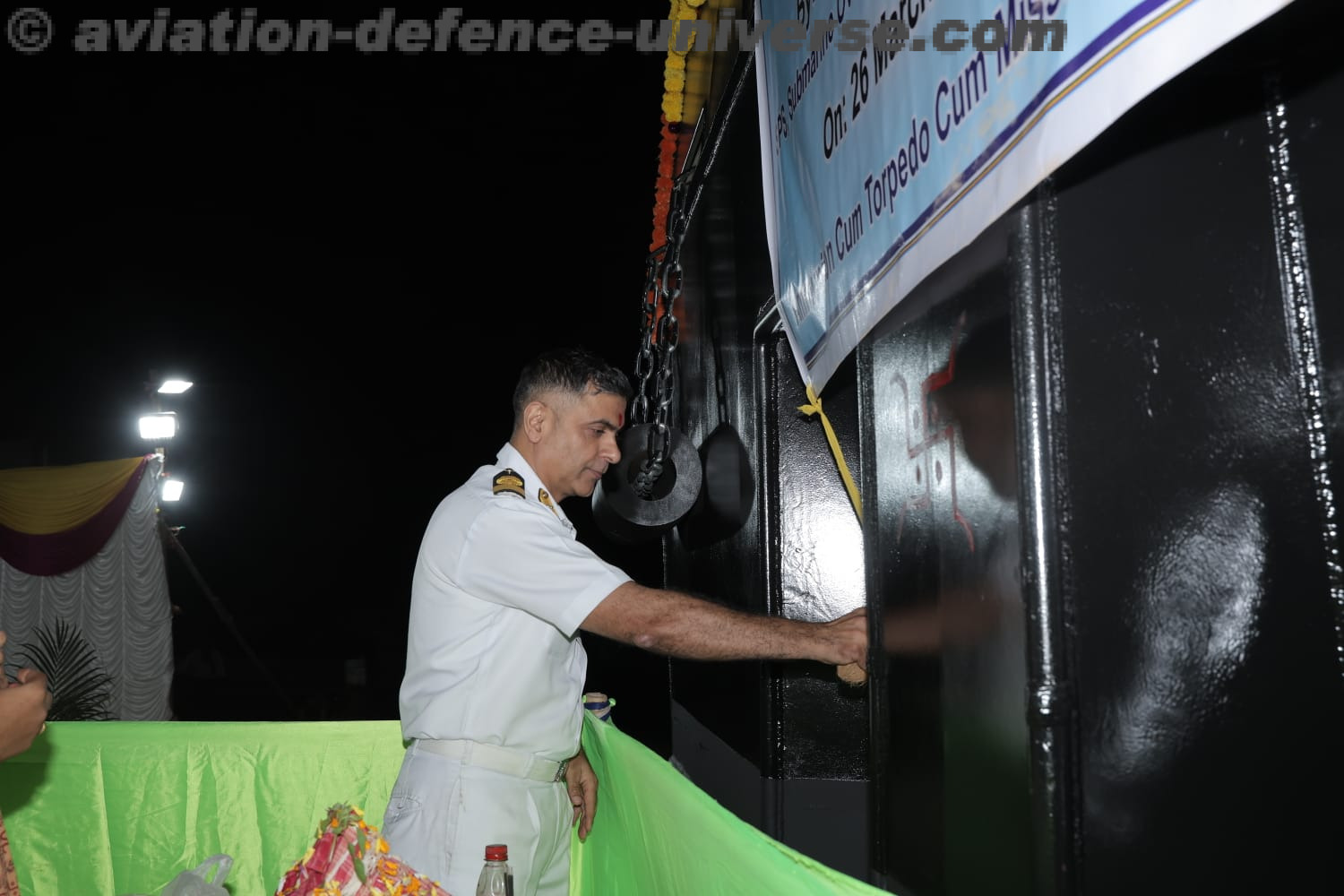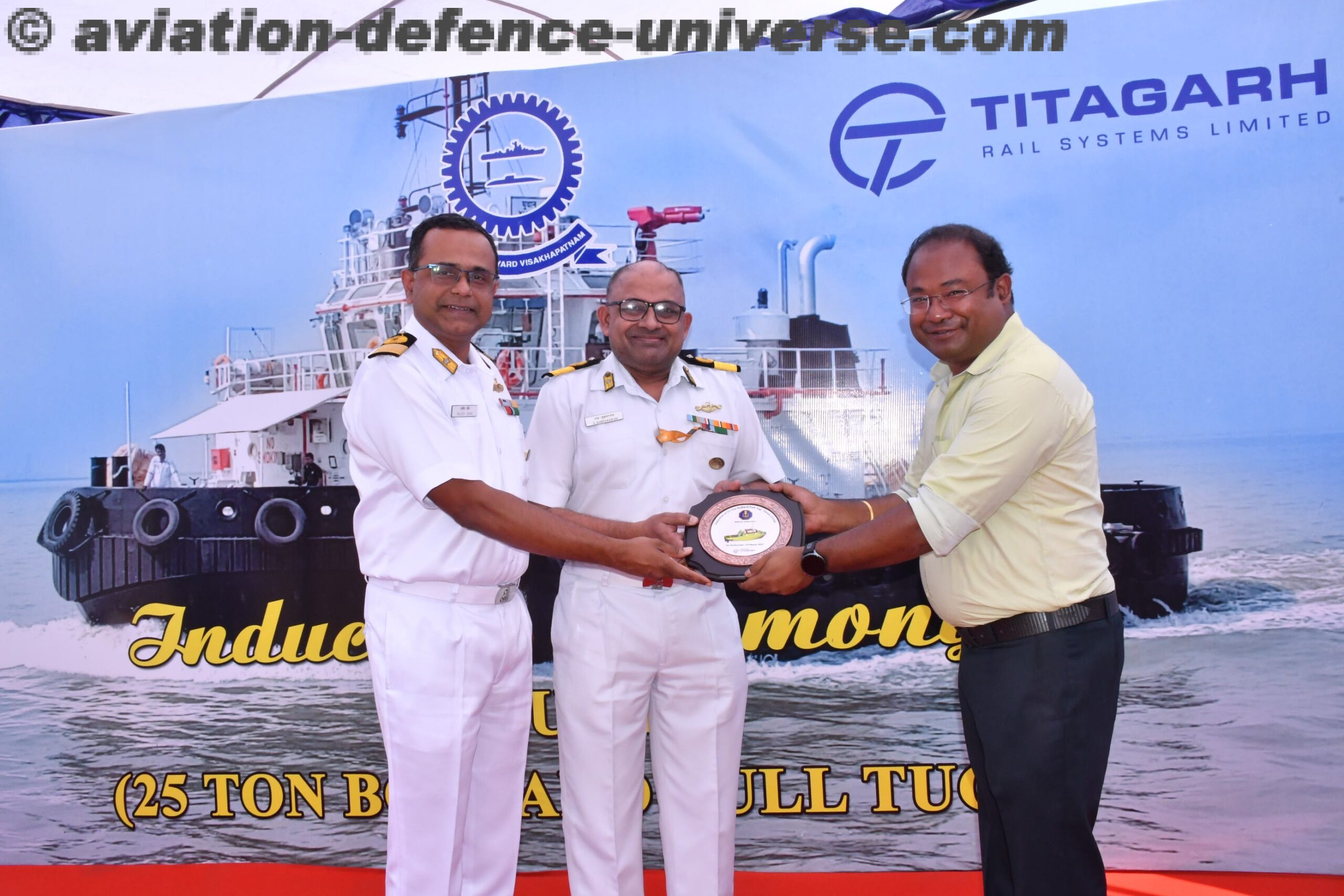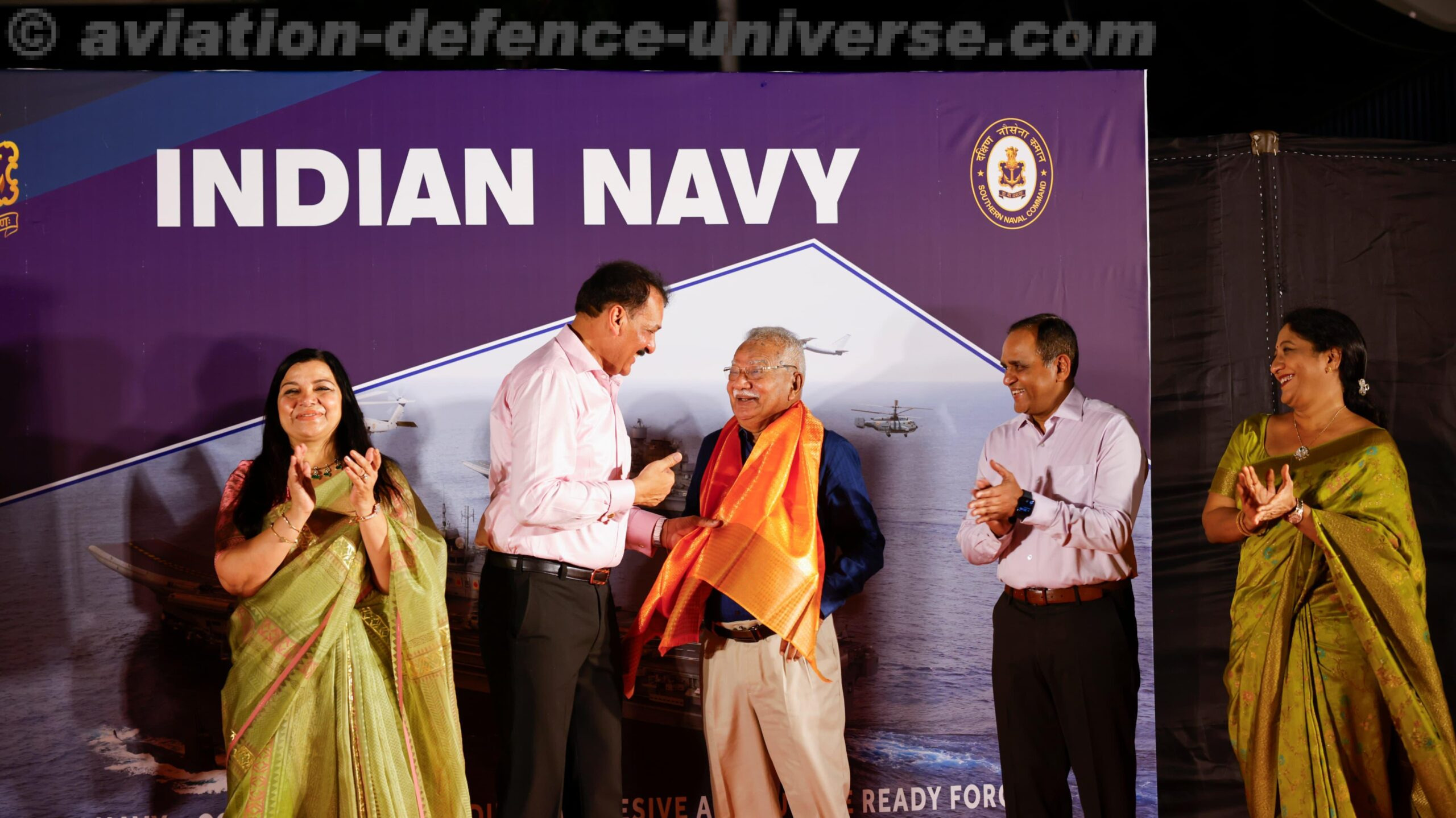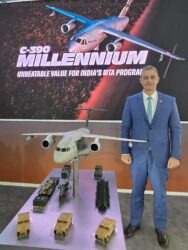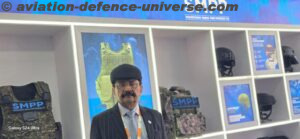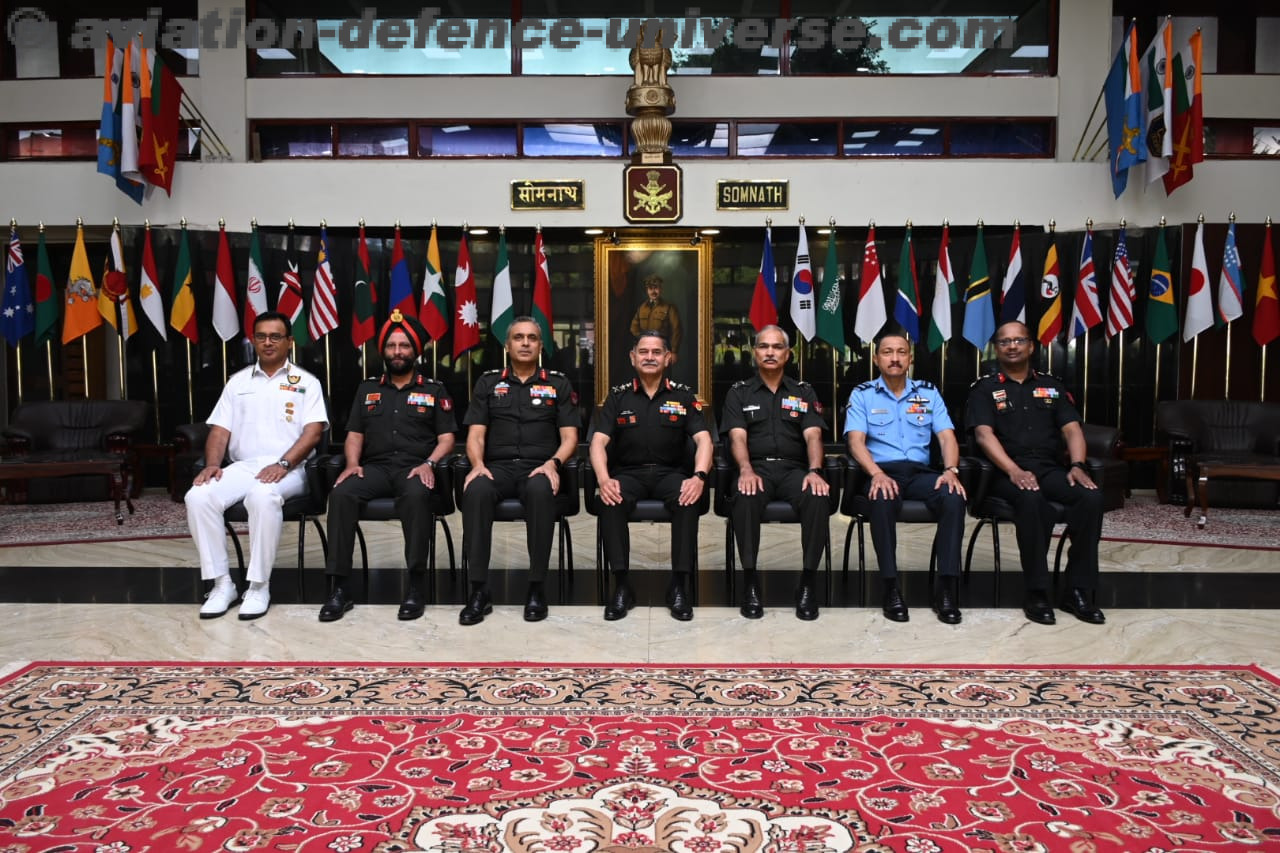
Gandhinagar. 18 October 2022. “As a founding partner of defence manufacturing in India, BAE Systems truly recognize India’s aspirations of self-reliance and supports the Government’s vision for Atmanirbhar Bharat and ‘Make in India’. In fact, our partnership with India has evolved significantly during the past ten years and this is reflected in our mission of ‘Co-Creating for a Self-Reliant India’. Our in-country collaborations with Hindustan Aeronautics Limited (HAL) and Mahindra Defence Systems Limited (MDSL) along with several other MSMEs and SMEs is well-known in the industry and we look forward to more such longstanding partnerships,” said Ravi Nirgudkar, Managing Director, BAE Systems – India, Bangladesh, Sri Lanka while speaking to Aviation & Defence Universe in an exclusive interview.
ADU. BAE Systems has a longstanding association with India. What is your strategy for operations here?
RN. India is a key strategic market for BAE Systems and our presence in India spans over seven decades. Over the years, we are also proud to have developed strong ties with the Indian Armed Forces and have contributed towards modernizing India’s defence capabilities. At this juncture, we are committed to grow our footprint and our partnerships, both manufacturing and technology-based, across our capabilities in air, land, sea, cyber and advanced electronics.
ADU. How is the M777 India programme moving forward? What is the latest update on the programme and how many guns have been delivered to the Indian Army so far?
RN. M777 India programme is one of BAE Systems most important programmes in India currently and we are proud to support the Indian Army in their artillery modernization. Our combat-proven and reliable M777 ultra-lightweight howitzers provides the Indian Army with exceptional tactical and strategic mobility. This means that it can be frequently moved and re-deployed, maximizing survivability, without encountering the IED risks faced by self-propelled systems.
Our partnership with Mahindra Defence Systems Limited (MDSL) to produce the M777 ULH is well known in the defence industry and one that we are very proud to have. In line with the government’s vision to support local manufacturing, we established the local Assembly, Integration and Testing (AIT) with MDSL in Faridabad, Haryana. The AIT is a fundamental part of the M777 production line, which will eventually enable the Indian Army to access maintenance, spares and support for the M777 locally.
To date, we have delivered 125 of the 145 gun requirement to the Indian Army, and when complete, 100 guns will have been assembled locally at the MDSL facility.
ADU. What are the other key defence capabilities and technological solutions BAE Systems is planning to offer to India?
RN. In our recent partnerships with the local industry in India and through our collaboration with the Indian Armed Forces for M777 Ultra-Lightweight Howitzers, we have deepened our understanding of the other modernisation requirements of Indian Armed Forces which includes tactical and strategic mobility vehicle.
Our CV90 combat vehicle and BvS10 Beowulf all terrain vehicle, which are designed to provide strategic mobility, high survivability and protection in any terrain or tactical environment, are well-positioned to support the Indian army in their critical ground missions.
The CV90 platform is engineered to provide optimum mobility and agility. On the ground it delivers first-class performance even in the toughest terrains, providing your personnel with the tactical edge. BvS10 Beowulf is an unarmored dual body, all terrain vehicle with amphibious capability and well-proven technology that is designed to provide total operational support where other vehicles cannot. It is based on the well-known BvS10 military all terrain vehicle.
We also anticipate potential in the cyber security sector and in this space, our Unmanned Aircraft Systems, could play a predominant role in the modern-day warfare situations and display technologies that will be used in the aircraft and systems of the future.
ADU. How is BAE Systems planning to support the Indian Navy in their modernisation journey?
RN. BAE Systems is one of the leading companies in the world with expensive expertise in designing and developing industry-leading maritime defence capabilities. Such expertise is reflected in our ever-growing portfolio in maritime domain, which includes aircraft carriers and amphibious assault ships, destroyers, frigates, corvettes, auxiliaries, submarines as well as naval guns and carrier-capable aircrafts such as the F-35.
One prime example of our expertise is the HMS Queen Elizabeth Class Carriers, which represents an engineering challenge of unprecedented scale and complexity for the United Kingdom; a national endeavour, involving six shipyards and 10,000 people.
Indian Navy too is taking crucial steps towards modernizing its defence capabilities and we congratulate them on the recent successful commissioning of the indigenous aircraft carrier, INS Vikrant. As the Indian Navy moves towards further modernizing its capabilities, BAE Systems, with all its expertise and experience, is well-positioned to support them in fulfilling our shared vision of strengthening India’s maritime and naval capabilities.
ADU. Elaborate on the key partnerships built by BAE Systems in India?
RN. Over the years, BAE Systems has showcased its commitment towards developing India’s defence ecosystem and ‘Make in India’ initiative by the longstanding partnerships it has built with the local industry. Today, our partnership with Hindustan Aeronautics Limited (HAL) for the Hawk India programme and with Mahindra Defence Systems Ltd. (MDSL) for M777 programme is well-known in defence circles and among key industry stakeholders.
In fact, in its total relationship across the M777 programme, over 60 business are involved with over 50% in the SMEs. Moreover, we are also procuring parts from over 50 odd MSMEs and integrating them into the company’s global supply chain across land, air and sea with a long-term perspective. For instance, our sourcing of consoles for P-8 aircraft from Kineco Kaman Composites India (KKCI) Private Limited is one among several collaborations and partnership we have built with the local industry and DPSUs over the years. We are deeply proud of the strong associations we have built with our in-country partners and look forward to developing many more such partnerships.
ADU. Give details on the recent Cyber Security Exercise conducted by India’s National Security Council Secretariat (NSCS) and the UK Government in collaboration with BAE Systems. In what way BAE Systems supported the exercise?
RN. Across BAE Systems, we are a leading supplier of cyber, intelligence and security capabilities and it was fantastic to play our part in the recent cyber security exercise. Our BAE Systems team facilitated a bespoke scenario based on threat intelligence and operational experiences, with 26 countries taking part. Designed by our engineers, the exercise explored the complexity of decision-making in response to ransomware on Critical National Infrastructure. We understand that cyber threats are becoming more advanced so being able to play our part and give partner nations the opportunity to test their capability in a secure and controlled environment was a real privilege.





